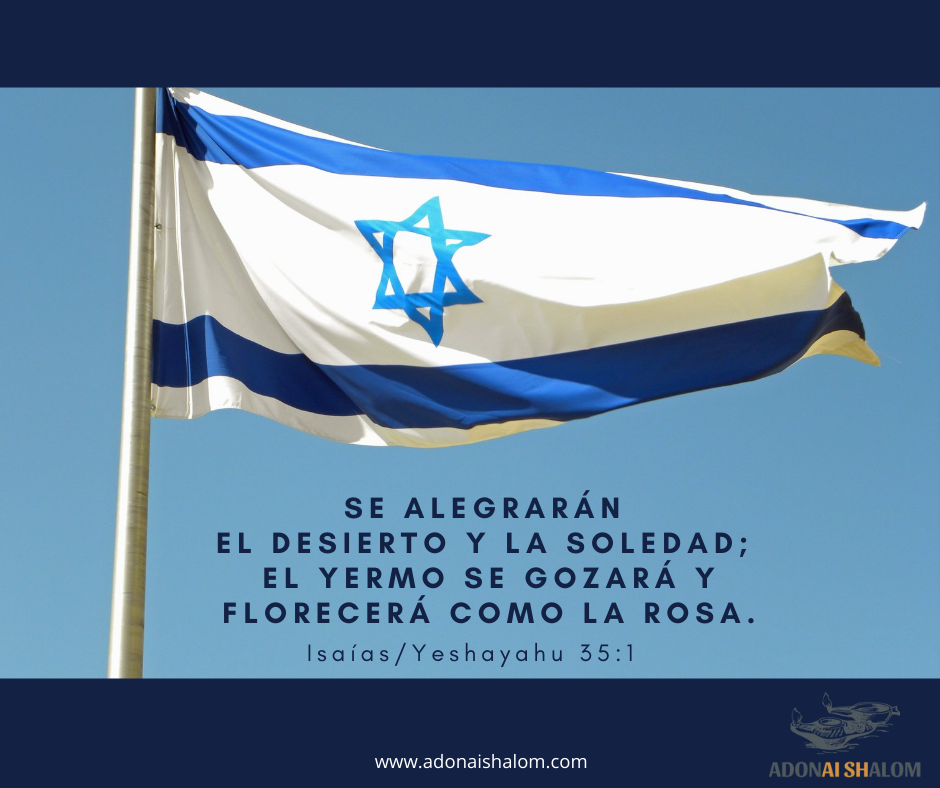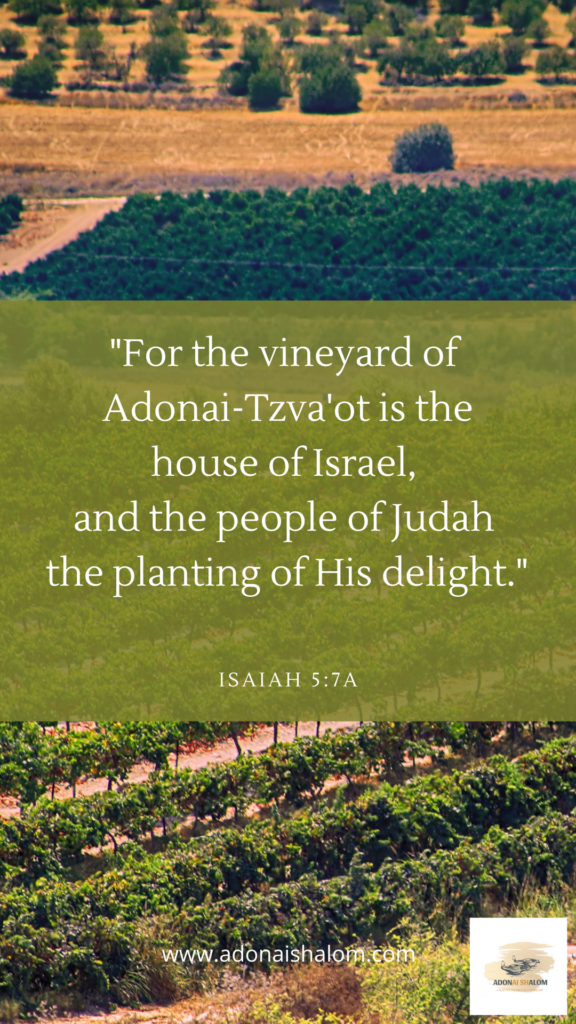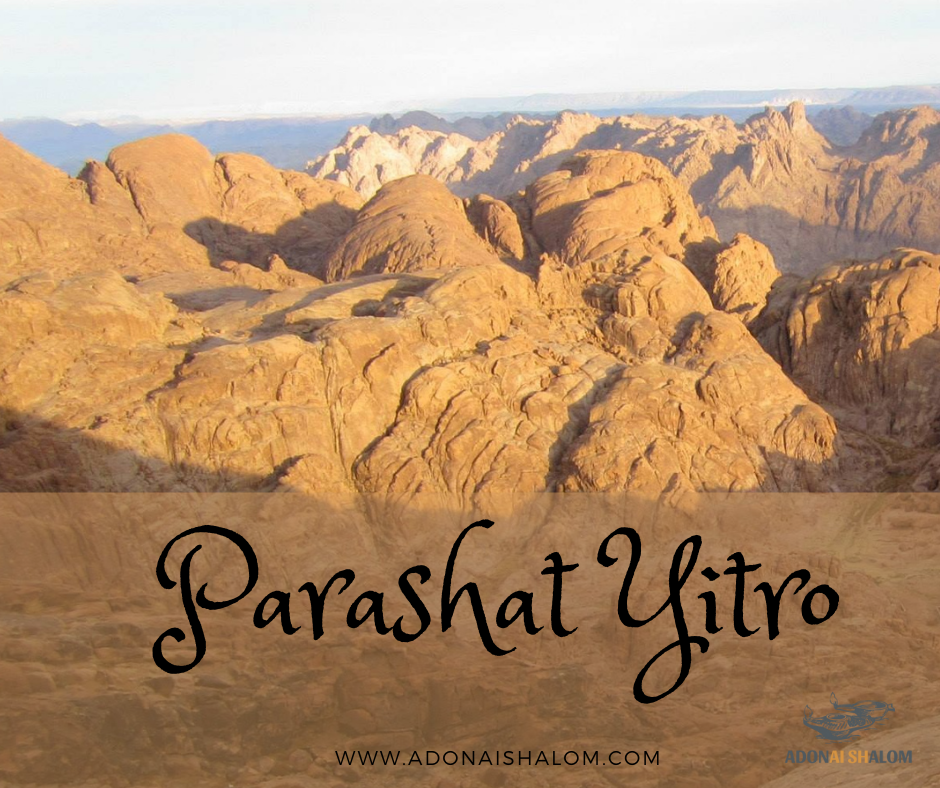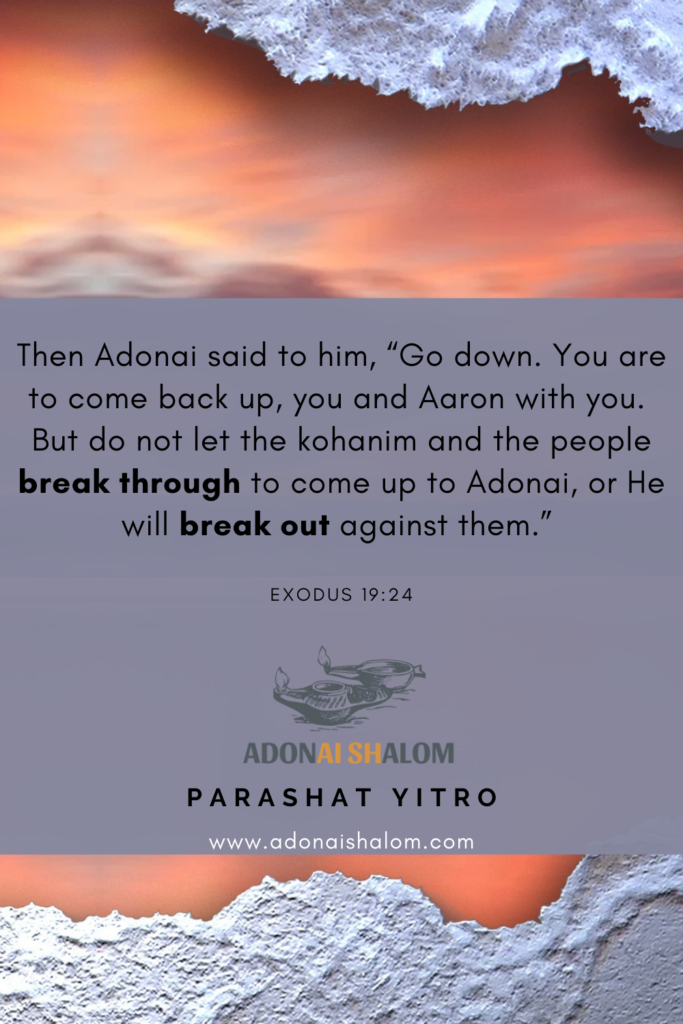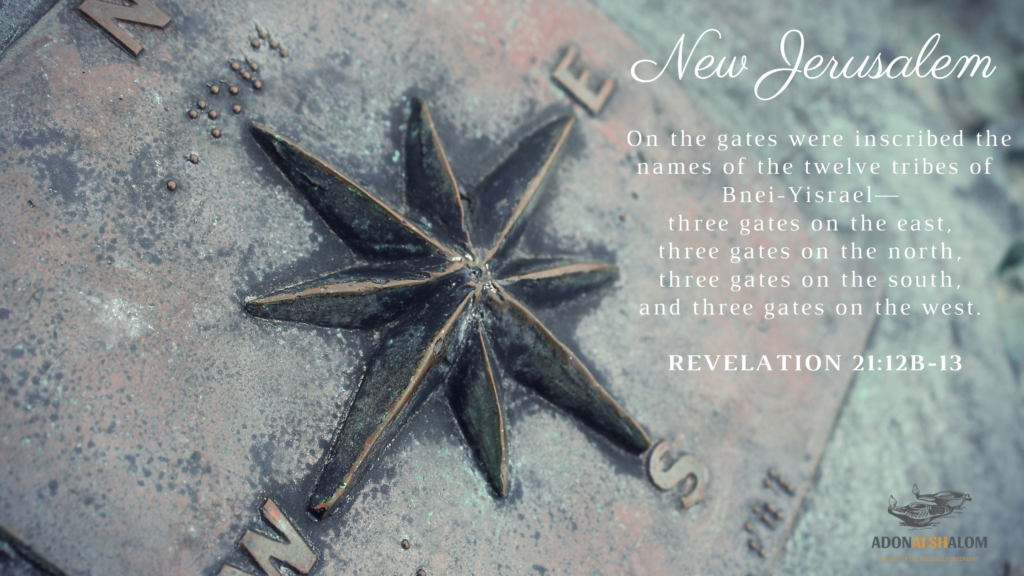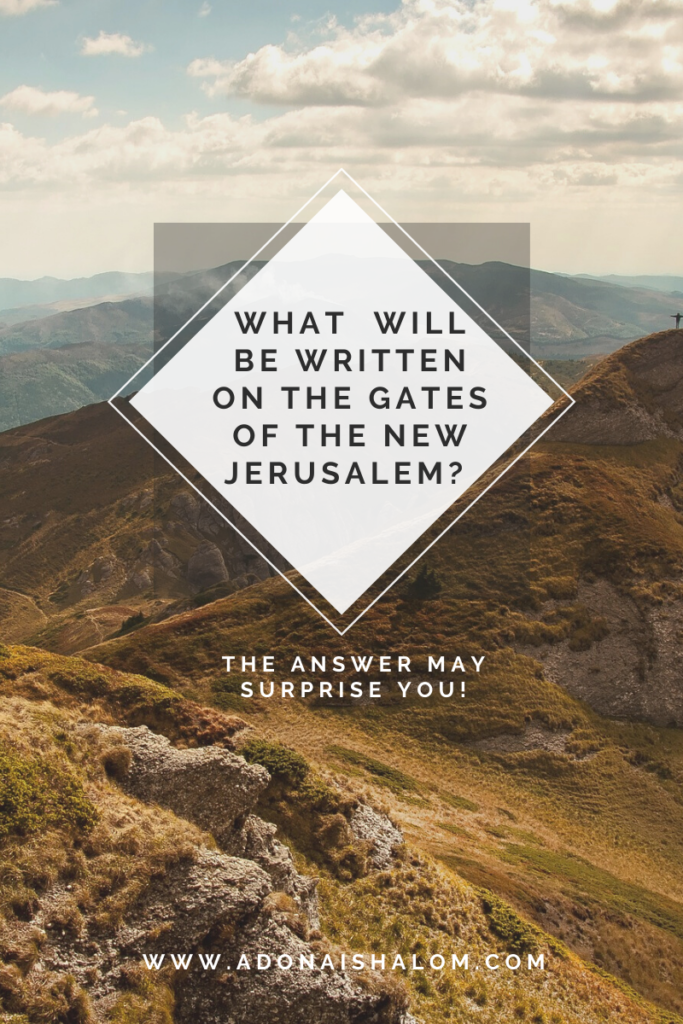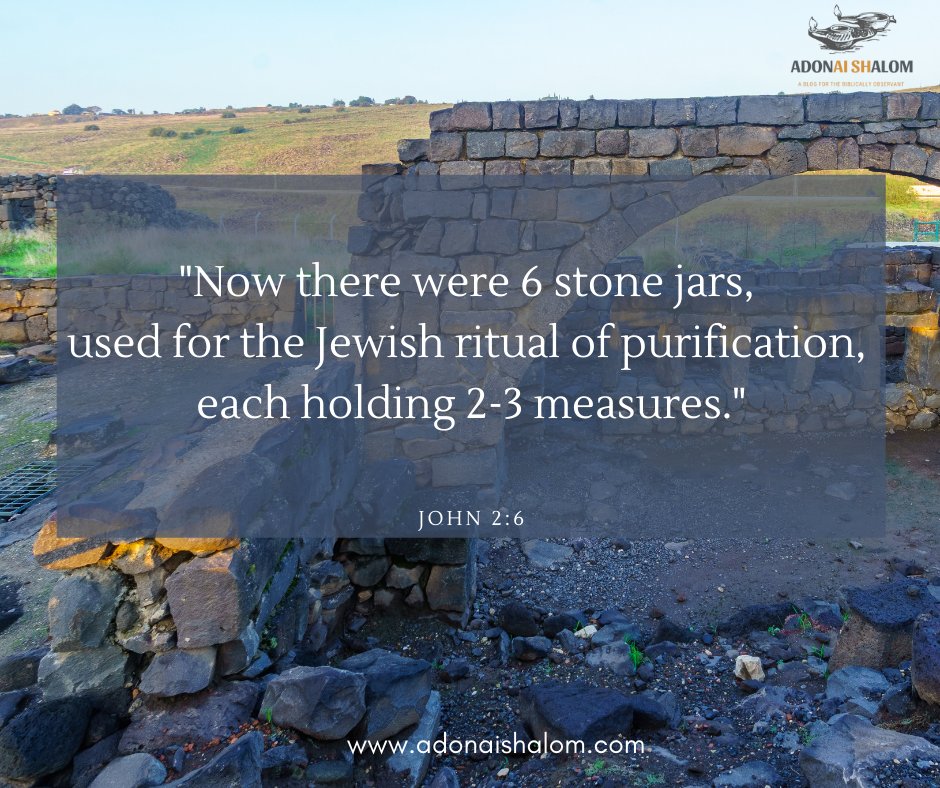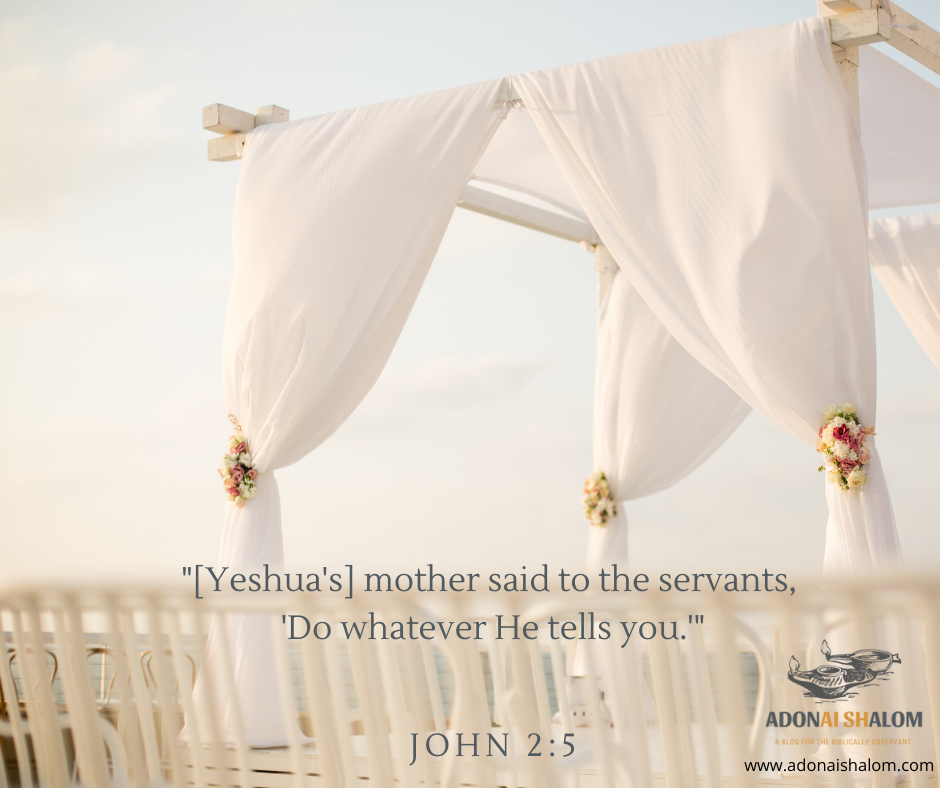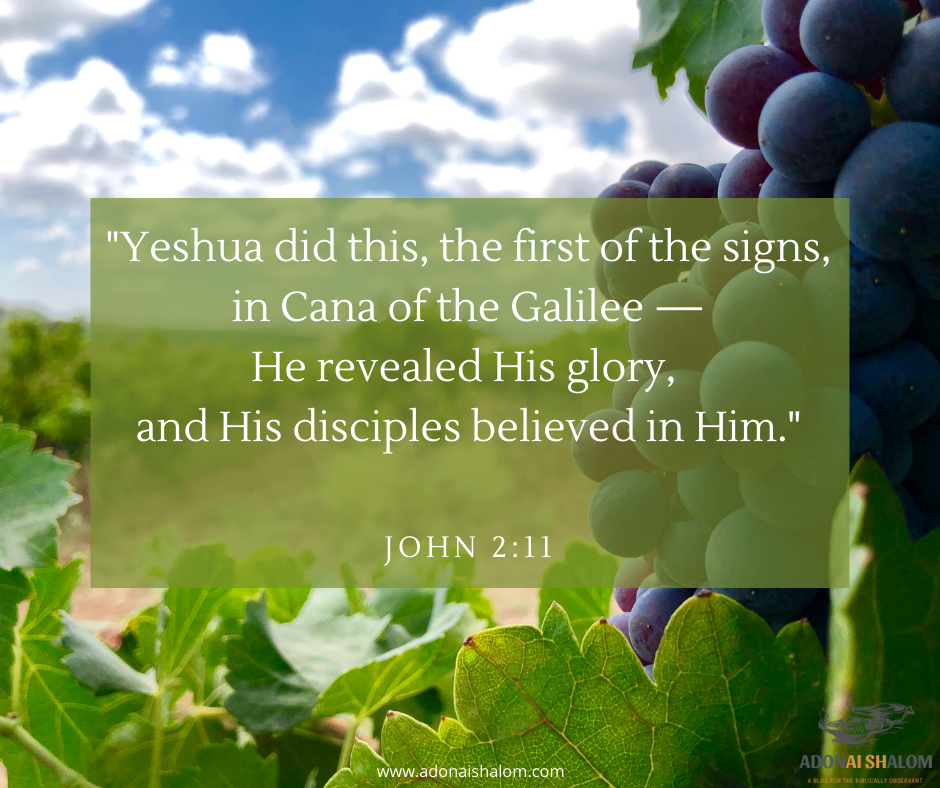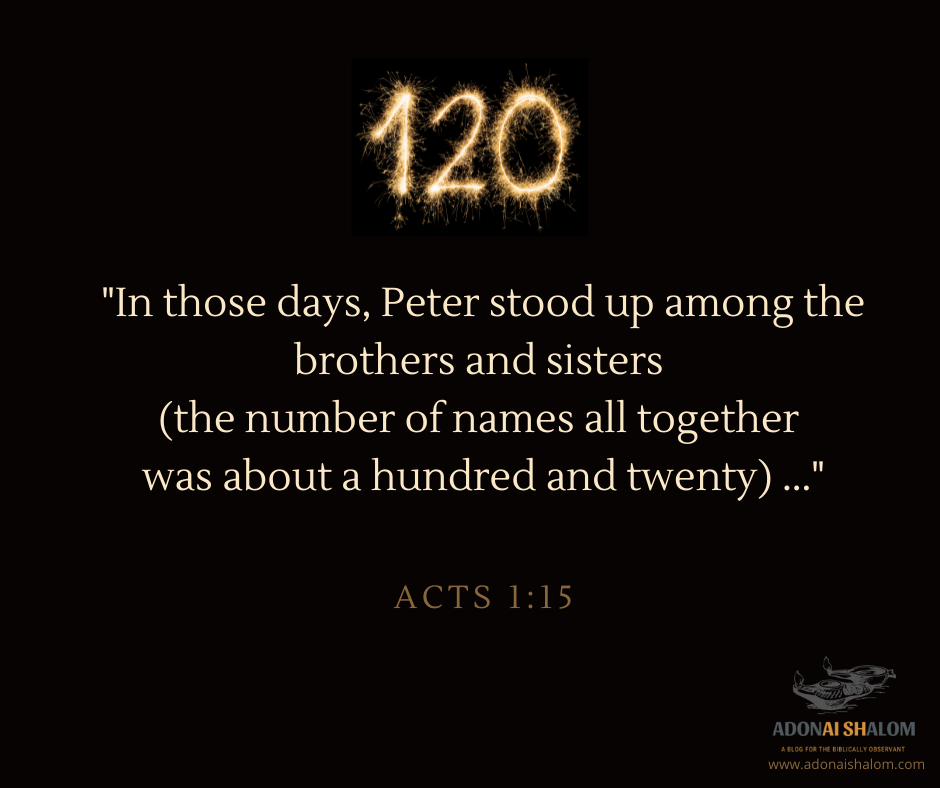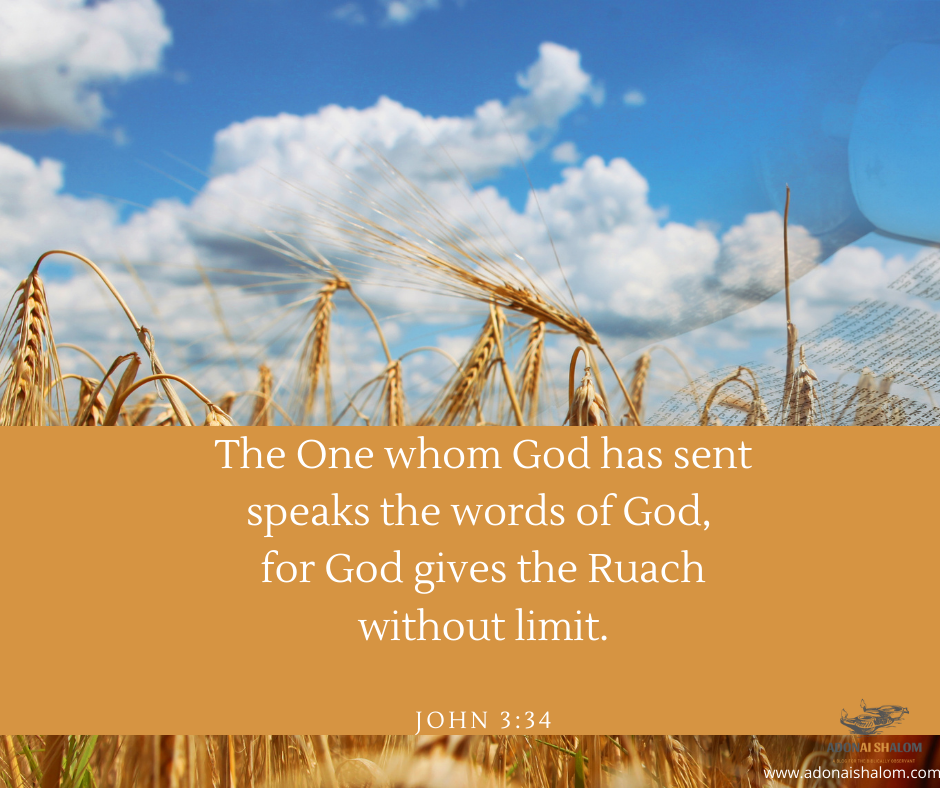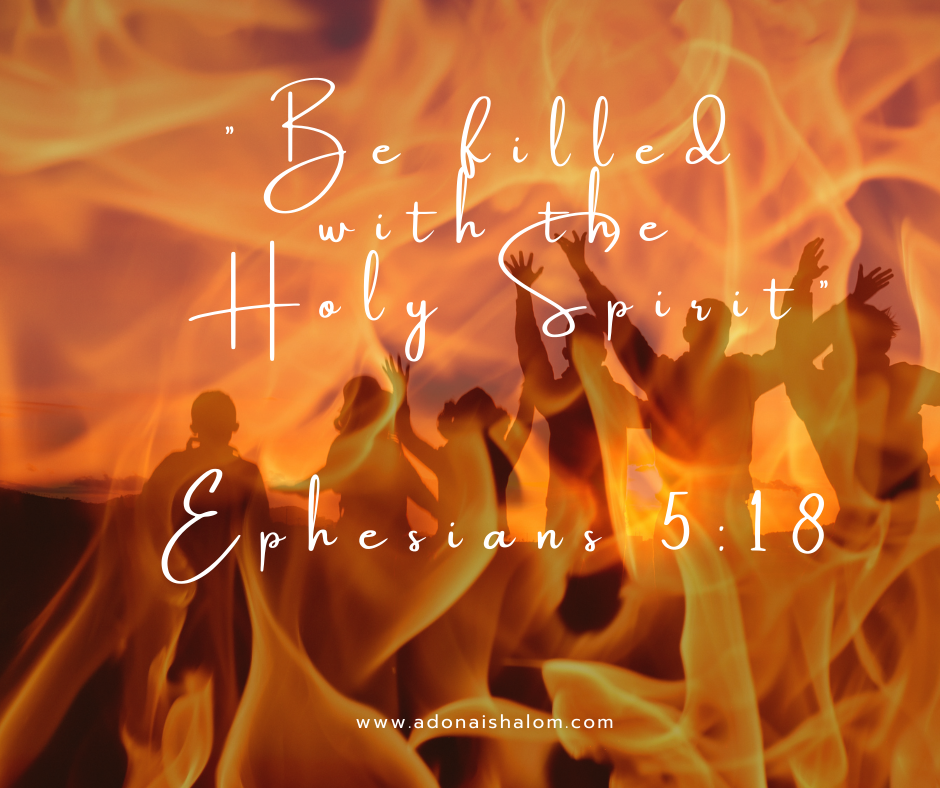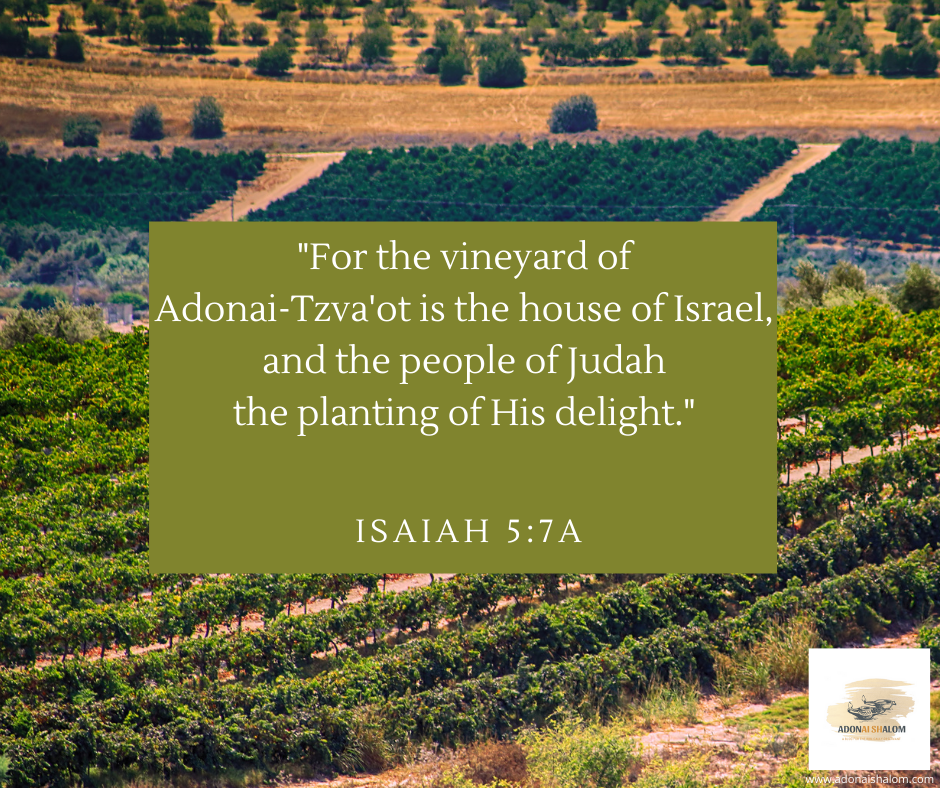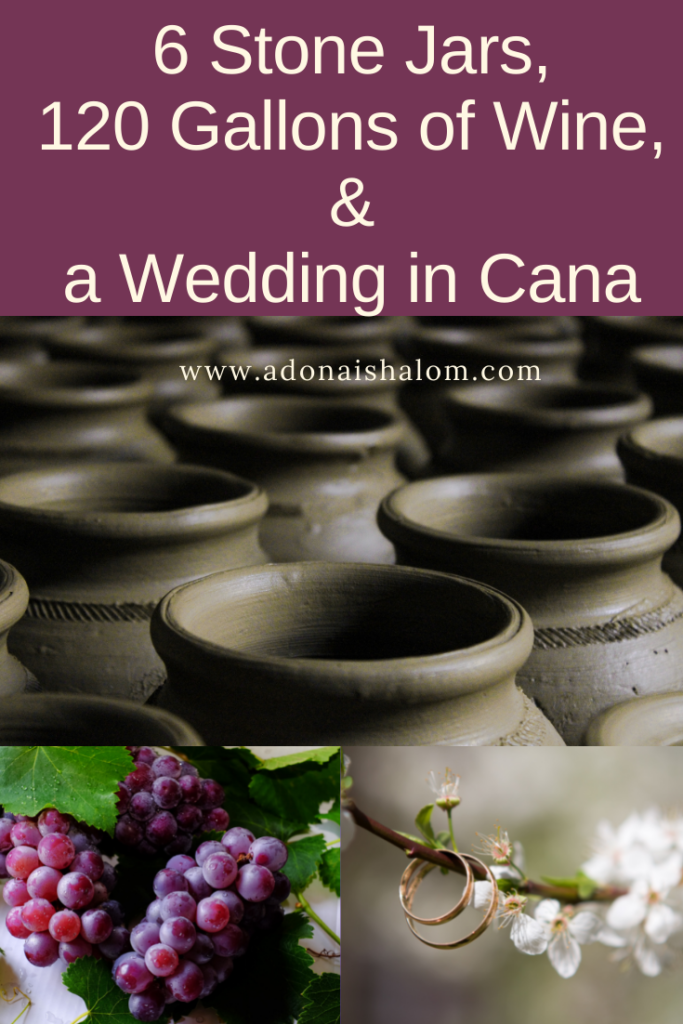The increase of Israel’s border, little by little
Parashat Mishpatim (Exodus 21:1–24:18) 5781 B”H
The nation of Israel is truly flourishing. The land is prospering! Deserts are blossoming, becoming lush and full of greenery. Israel is an agricultural marvel and nations around the world are beginning to take note of their agri-tech. This really is no surprise to anyone familiar with the Scriptures:
The wilderness and dry land will be glad.
The desert will rejoice and blossom like a lily.
Israel has also become a major global contributor in the realm of medicine, developing treatments and conducting significant vaccine research during the ongoing Covid-19 pandemic. The tiny nation of Israel has been able to accomplish all of this, through the blessing of the Most High, despite being
- a tiny country only about the size of New Jersey.
- surrounded on every side by nonJewish entities, most of whom are hostile
- a relatively new country, only 73 years old.
Little by little, that special star on Israel‘s flag is shining brighter and brighter and it is becoming more difficult for the rest of the world to ignore.

Israel’s determination reminds me of one of my favorite childhood stories: The Little Engine that Could! No mountain is too high, no obstacle too complex. A way will be made where there seems to be no way and the nations will stand amazed.

With the odds stacked against them, Israel remains victorious and no one will ever extinguish the Light.
But it has taken time. Just like Rome wasn’t built in a day, neither were the skyscrapers in Tel Aviv. The successes at Golan Heights, too, took time, but serve as an illustration of the promises Adonai has kept that He made to Israel in Exodus/Shemot 23:29ff:
Exodus/Shemot 23:29-33, TLV, emphasis added

It’s safe to say that people who love Israel want the Jewish homeland to be safe and secure and Israel’s enemies to be scattered. Today. Now! But God’s wisdom is infinitely greater than our own, and all of the blessing and favor promised to Israel is being realized right before our eyes, little by little.
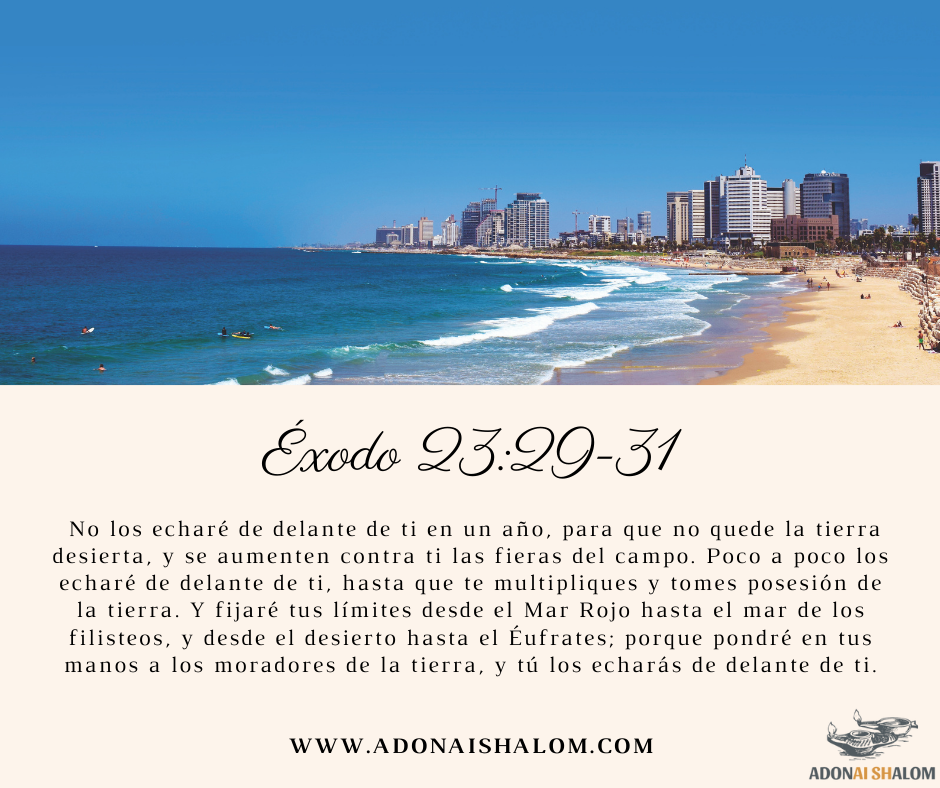
Sometimes the LORD chooses to do things little by little so we can pay attention and see His handiwork! If a change happens quickly, while it seems miraculous in the moment, we so quickly forget. Whereas if a change happens little by little, generations can live in the light of the ongoing victory.
Perhaps you feel like you’re facing an uphill battle.
Maybe you’ve set a goal that feels unattainable.
Remember, nothing is impossible for God! (Matt.19:26; Luke 1:37)
After the verses that promised the victorious conquest of Canaan, YHWH again spoke through his servant Moshe and the people were unanimous, in one accord, promising that all that Adonai says, they would do. They promised to obey. Sadly, we know humans fall short on their promises, and a Messiah would be needed to save them from their own undoing just as all of us fail to measure up even to promises we make to ourselves! We promise to change. We convince ourselves we will do better next time. But do we? Sometimes. But definitely not always. How great is our need for a Savior! Praise Adonai that He sent His Son, Messiah Yeshua, Jesus the Christ, to save us from so much sin.
The LORD had given so much instruction and law, rules for the people to abide by in order to ensure a positive and ongoing relationship with their Creator and also to establish and ensure a righteous community. There was so much to absorb, so the LORD made it succinct. The 10 Words, or Commandments, would be given to the people, encompassing the heart of Torah. They were written on tablets of stone. Aren’t you grateful His Word is now written on the tablets of our hearts? His Spirit lives inside of us, when we surrender to Him!
2 Corinthians 3:3
